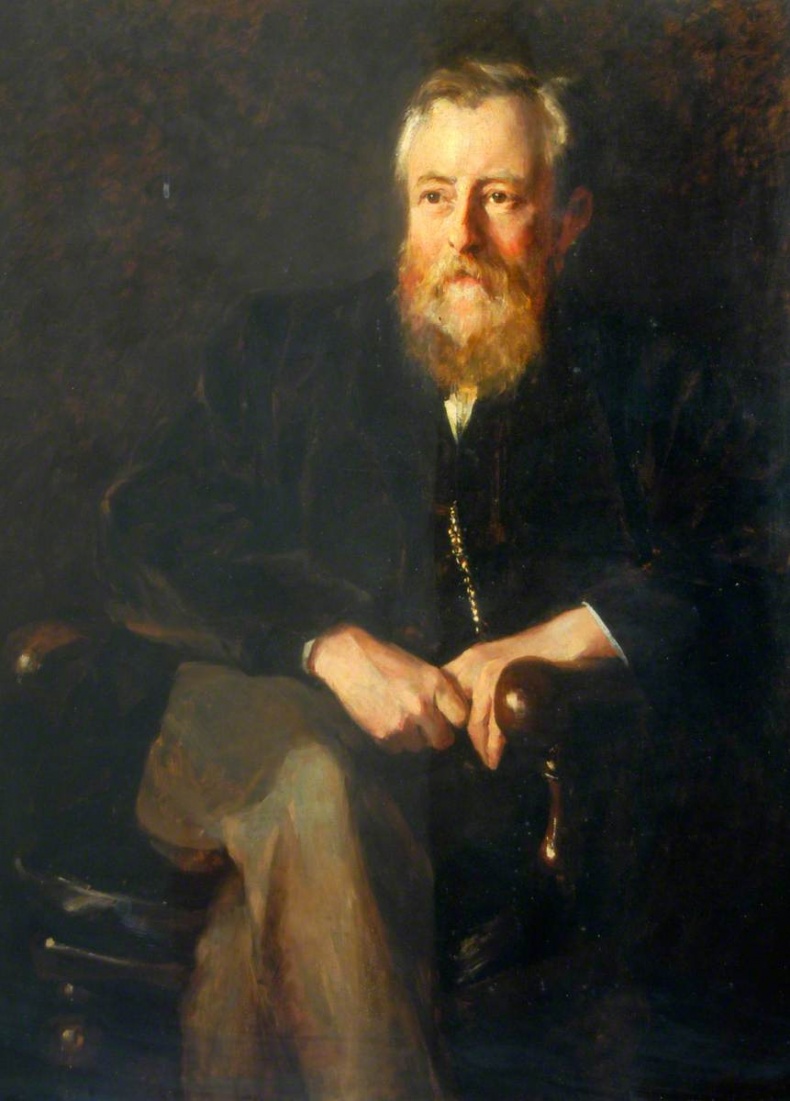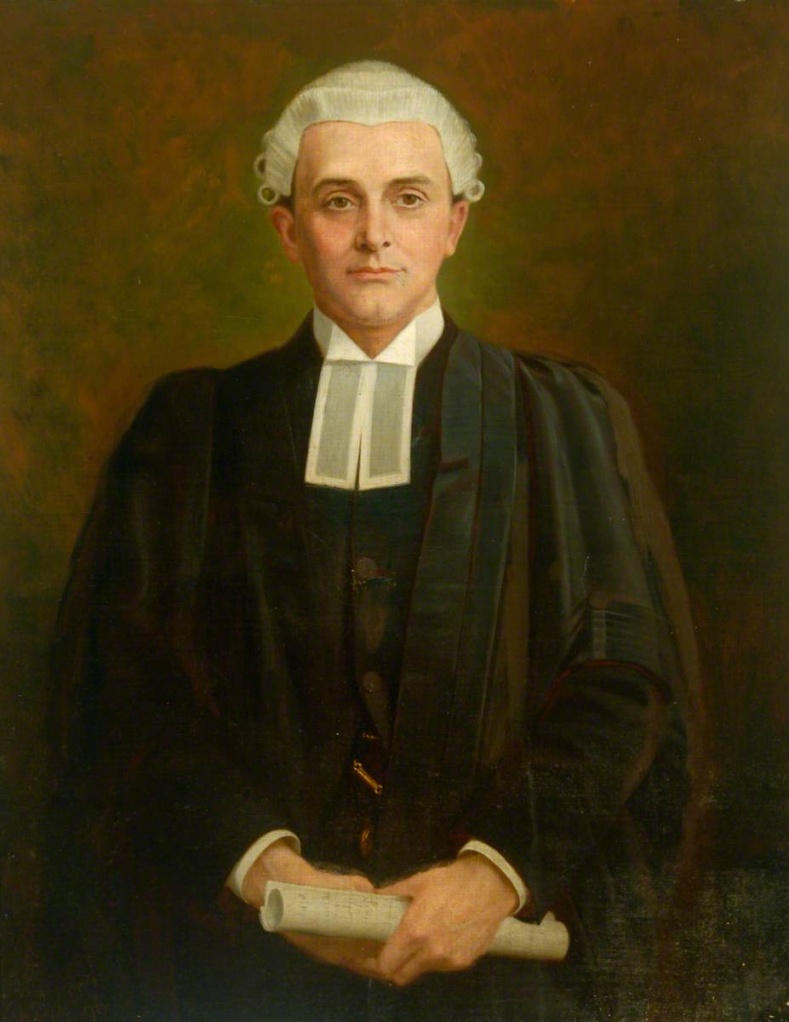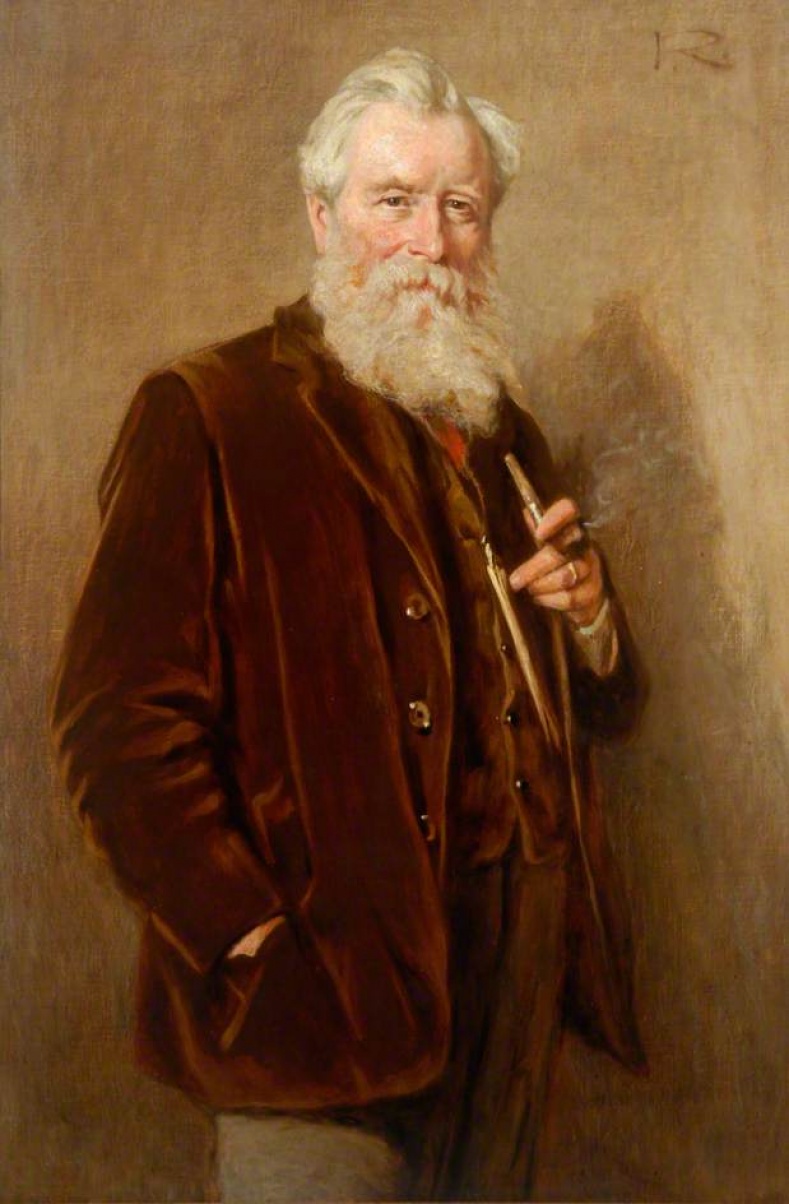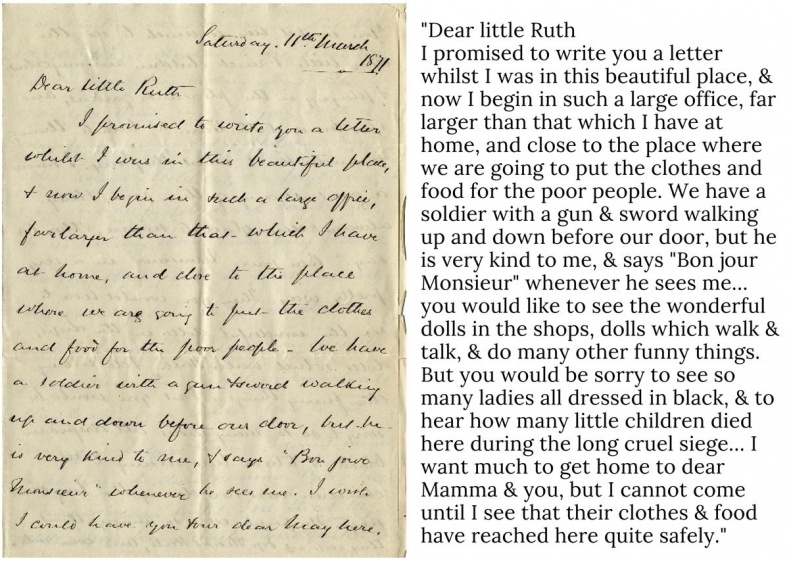



Watson, Robert Spence
1837-1911
Solicitor and Social Activist
Robert Spence Watson was born into a Gateshead Quaker family in 1837. His father, Joseph Watson (1807-1874) was a solicitor, for whom Robert would later work in partnership. He was the eldest son of Joseph and Sarah Spence (1814-1871) and had 11 siblings. Joseph was a successful solicitor, but he was also involved in local politics passionate about social justice. He had been secretary of the Anti-Corn Law League, which aimed to promote free trade and alleviate urban poverty.
Robert was educated at Dr Bruce’s School in Newcastle, one of the leading schools at the time with many notable alumni. He entered University College, London, in 1853, and on graduation returned to Gateshead to practice law alongside his father. Robert’s philanthropy was principally ‘in-kind’, although his name appeared on many lists a subscriber to good causes. However, his real impact came from the time and passion he provided to so many causes over his lifetime.
As the founder of the Newcastle Liberal Association in 1874, Robert was influential, not only in local politics but upon national liberal politics. In 1863 he had married Elizabeth Richardson (1838-1919), who would become prominent in the Northern Suffragist movement. Both Robert and Elizabeth were outspoken on a range of issues, but education was his passion. He never stood for MP but was appointed president of the National Liberal Federation 1890-1902, to the Privy Council in 1907, and was friends with some of the most powerful members of the Liberal party, including prime ministers.
Robert was a member of the Literary and Philosophical Society, which was founded in 1793 as the town’s intellectual epicentre, having 751 members in 1838, including many women. Robert was made honorary secretary in 1862, two years after Lord Armstrong was made President. Robert helped steer the society through the energetic late 19th century. He became president of the society after Lord Armstrong’s death in 1900.
In 1871, the same year he was elected to Newcastle’s first School Board, Robert helped found the Durham College of Physical Sciences. As an extension of Durham University, the college would later expand and rebrand itself to Armstrong College, then King’s College, and eventually Newcastle University. As chairman of the Newcastle Royal Grammar school in his later years, Robert was involved in all stages of education across Newcastle from elementary, to university, to adult life-long learning. A claim could be made that he was responsible for making, both directly and indirectly, the plan for education in late 19th century Newcastle.